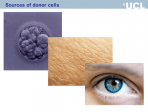 01:29:00
01:29:00
Stem cells: a cure for blindness?
Retinal degeneration is a leading cause of blindness in the western world. Drug treatments currently available only serve to slow the diseaseÕs progress and are not always successful. Rachael Pearson has helped develop a novel therapeutic approach t....
More details | Watch nowTelomeres and Telomerase in Human Health and Disease
Telomeres are the protective tips that stabilize the ends of chromosomes. The function of telomeres is to allow cells to divide while holding the genetic material intact. Telomeres contain specialized, simple repetitive DNA sequences that, together....
More details | Watch now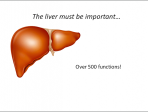 00:29:00
00:29:00
The art of stealth: a virus in my liver
The liver is a vital organ that works like a chemical factory every day to keep you alive. But what exactly does it do and how do viruses exploit it to hide from the immune system? With help from volunteers, Dr Zania Stamataki will demonstrate some....
More details | Watch now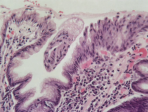 00:44:00
00:44:00
The Discovery of Helicobacter
Before the 1970s, well fixed specimens of gastric mucosa were rare. Then the flexible endoscope was introduced. This enabled gastroenterologists to take numerous well-fixed small biopsies from the stomach. Gastric histology and pathology were clearly....
More details | Watch now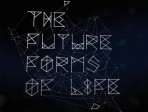 00:31:00
00:31:00
The Future of Life
Ever since its first appearance, more than 3.5 billion years ago, life has evolved without guiding plan, propelled by: 1) its own intrinsic properties, which, with the help of outside energy, provided the necessary driving force; 2) accidental geneti....
More details | Watch now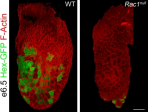 00:29:00
00:29:00
The Lability of the Differentiated State
Many classical studies have shown that cell fates become progressively restricted during development and that this restriction is typically irreversible. This has led to the dogma of the Stability of the Differentiated State: cells cannot typically ....
More details | Watch now 01:09:00
01:09:00
The mechanics of memory
How does the brain store and recall memories? A critical neural component of memory is the synapse, a specialist junction where one nerve cell releases a transmitter chemical to influence the excitability of another. Memorable events are thought to i....
More details | Watch now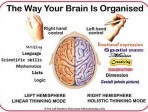 00:07:00
00:07:00
Torsten Wiesel
Winner of the The Nobel Prize in Physiology and Medicine 1981 together with Roger W. Sperry 'for his discoveries concerning the functional specialization of the cerebral hemispheres' and also David H. Hubel 'for their discoveries concerning informati....
More details | Watch now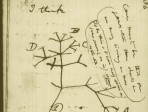 00:35:00
00:35:00
Updated Notions on Darwinian Evolution
Charles Darwin had based his theory of biological evolution on the observation that phenotypic variants of a given species can sometimes over-grow their parental population, and he attributed this to selective advantage, i.e., to the impact of natura....
More details | Watch now 01:05:00
01:05:00
When will we understand Autism Spectrum Disorders?
It is agonising for a parent, troubling for a clinician, and puzzling for a researcher when a young child seems oblivious to people, is fixated on spinning objects, and shows no sign of communicating. An adult who finds their own inner states opaque,....
More details | Watch now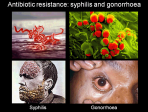 01:02:00
01:02:00
Winning and losing the fight against infectious diseases
Human infectious diseases will be eliminated and replaced by chronic ÒlifestyleÓ diseases as fertility falls, life expectancy increases, and populations grow older and wealthier. This is the standard story of the epidemiologic transition, but it is....
More details | Watch now
